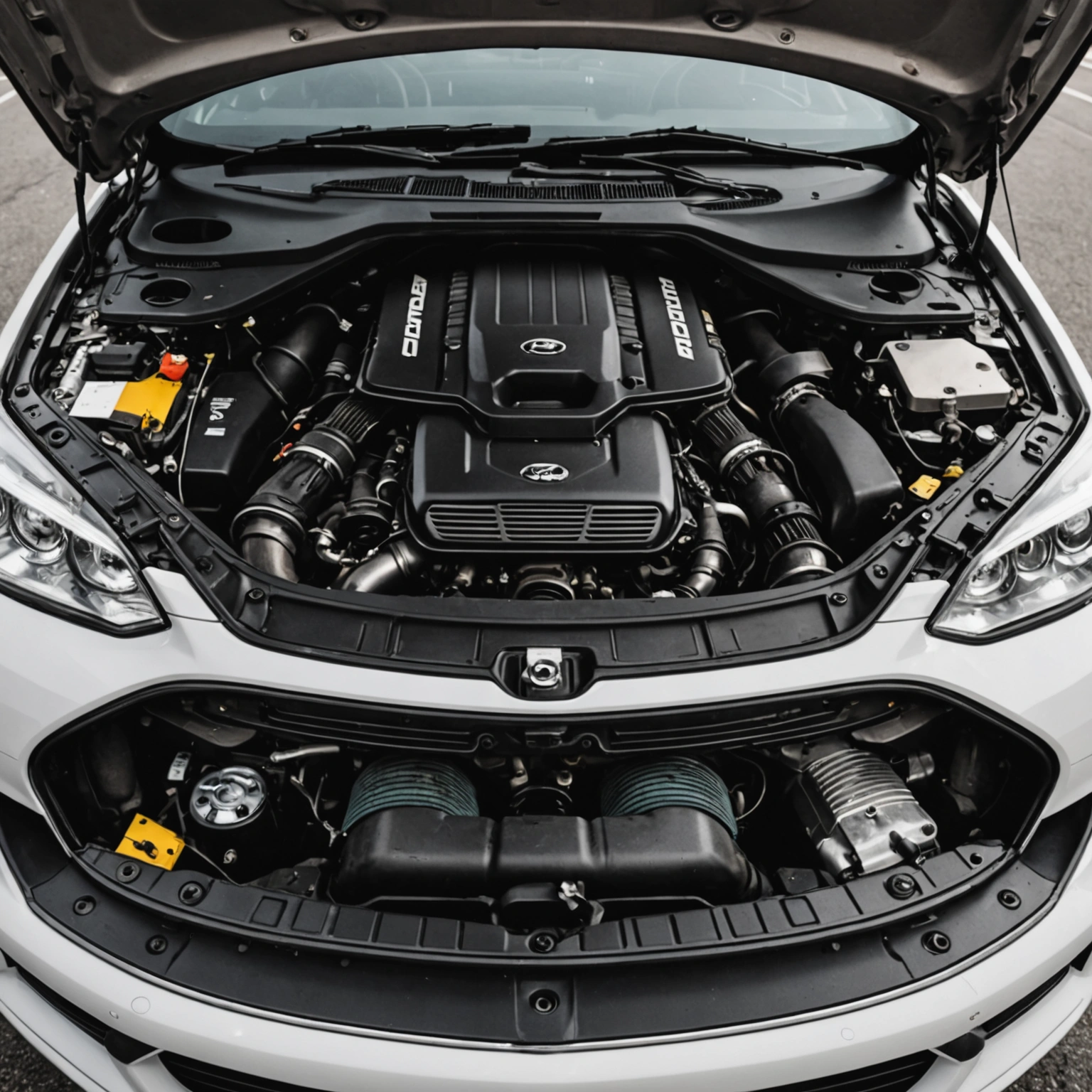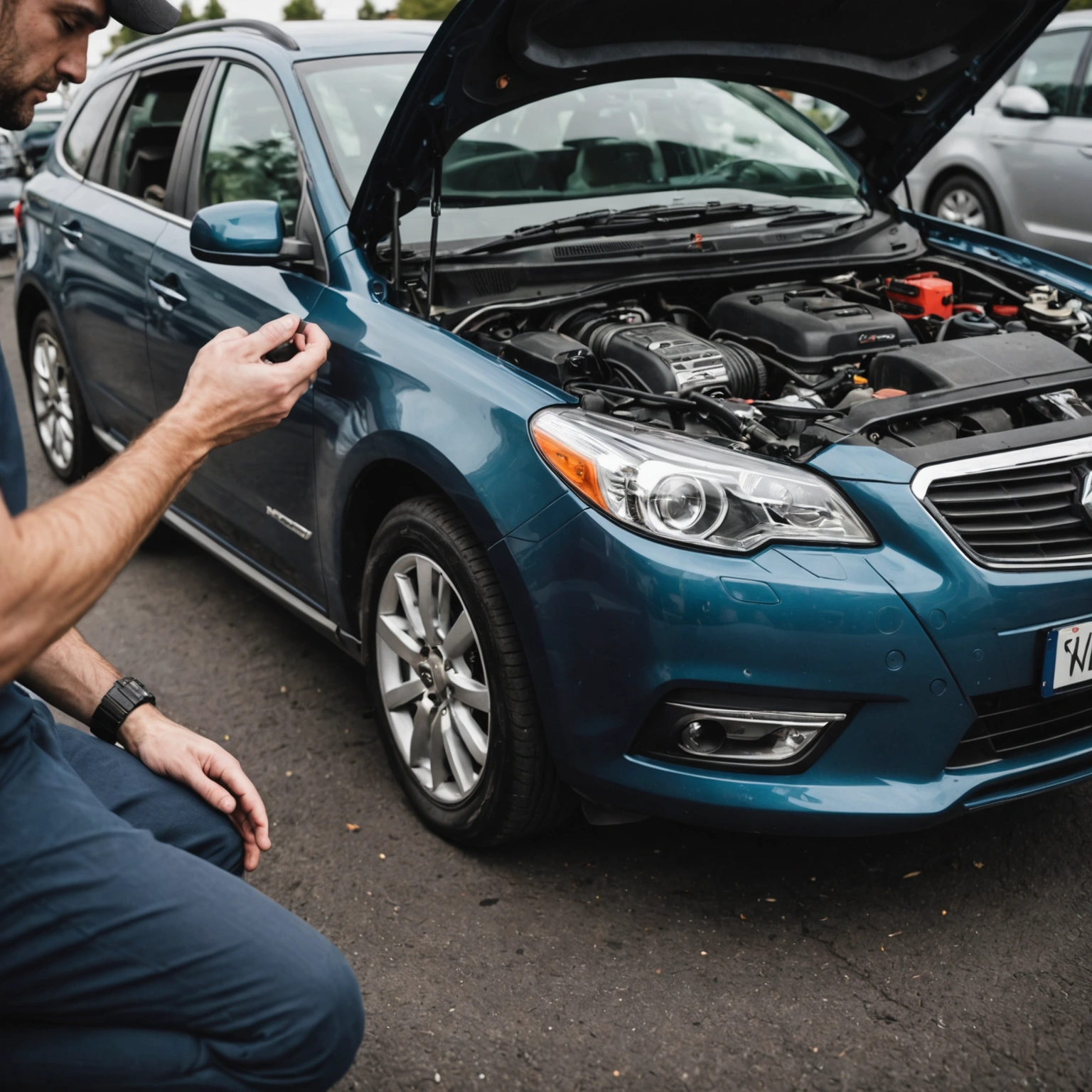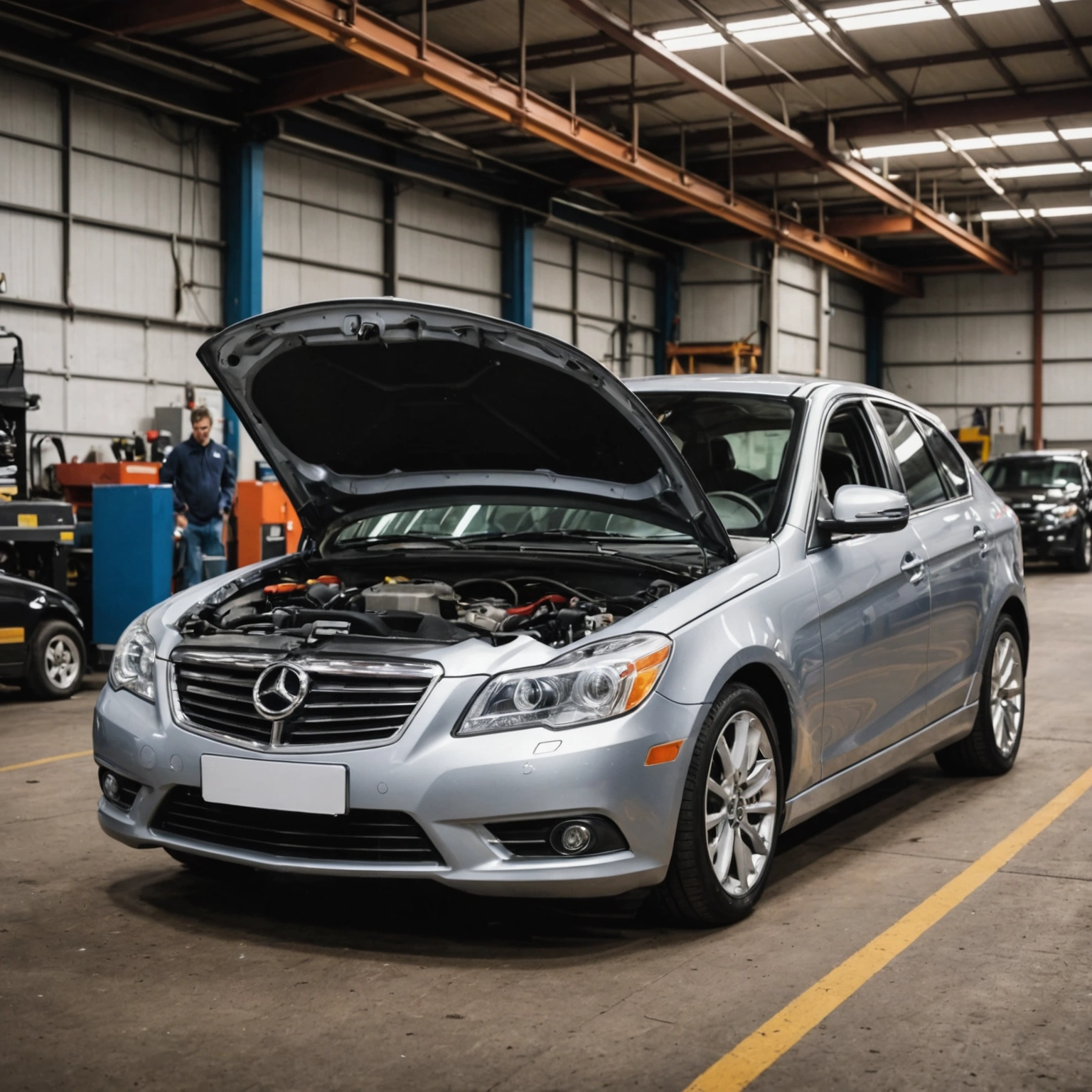**Why Does My Car Make a Whining Noise? Understanding the Causes and Solutions**
A whining noise coming from your car can be unsettling and often indicates that something isn’t quite right. While some sounds are harmless, others can lead to more serious issues if left unaddressed. In this blog post, we’ll explore common reasons your vehicle might produce a whining noise and what you can do about it.

### Common Causes of a Whining Noise in Your Car
#### 1. **Power Steering Problems**

One of the most frequent causes of a whining sound, especially when turning the steering wheel, is a low or failing power steering fluid. The power steering pump relies on fluid to operate smoothly. When the fluid level drops or the pump begins to fail, it can produce a high-pitched whining noise.
**Signs to watch for:**

– Whining when turning the wheel
– Difficulty steering

– Stiff steering wheel
**Solution:** Check the power steering fluid level and top it off if needed. If the noise persists, the pump or related components might need replacement.
—
#### 2. **Serpentine Belt or Drive Belt Issues**
The serpentine belt drives multiple accessories like the alternator, water pump, and power steering pump. If this belt becomes loose, worn, or damaged, it can slip or produce a whining or squealing sound.
**Signs to watch for:**
– Squealing or whining during engine startup or acceleration
– Visible cracks or glazing on the belt
**Solution:** Have the belt inspected and replaced if necessary. Proper tension is crucial to prevent slipping.
—
#### 3. **Alternator Problems**
A failing alternator can produce a whining noise, especially if the bearings are worn out. This component charges the battery and powers electrical systems.
**Signs to watch for:**
– Dim or flickering headlights
– Battery warning light
– Whining noise that varies with engine speed
**Solution:** An automotive technician should test the alternator’s output and replace it if it’s faulty.
—
#### 4. **Transmission Issues**
If your car makes a whining noise when shifting gears or accelerating, it could be related to transmission problems, such as low transmission fluid or worn bearings within the transmission.
**Signs to watch for:**
– Whining sounds during gear changes
– Transmission slipping or delayed engagement
**Solution:** Check transmission fluid levels and condition. Seek professional diagnosis and repair if issues persist.
—
#### 5. **Vacuum Leaks**
A vacuum leak in the engine intake system can cause a high-pitched whining or hissing noise. This occurs when unmetered air enters the engine, disrupting proper operation.
**Signs to watch for:**
– Rough idling
– Engine hesitation
– Whining noise under the hood
**Solution:** Have a mechanic inspect hoses and intake components for leaks and repair as needed.
—
### When to See a Professional
While some issues like low power steering fluid are easy to fix, persistent or unfamiliar whining noises should be diagnosed by a professional mechanic. Ignoring these sounds can lead to further damage and costly repairs down the road.
### Preventive Tips
– Regularly check and top off essential fluids
– Inspect belts for wear and replace as needed
– Keep up with scheduled maintenance to ensure all components function correctly
—
### Final Thoughts
A whining noise from your car is often a sign that a component is struggling or wearing out. By paying attention to when and where the noise occurs, you can better diagnose the problem and seek appropriate repairs. If you’re unsure, consult with a trusted automotive technician to keep your vehicle running smoothly and safely.
—
**Have you experienced a whining noise in your car? Share your experiences or questions in the comments below!**

